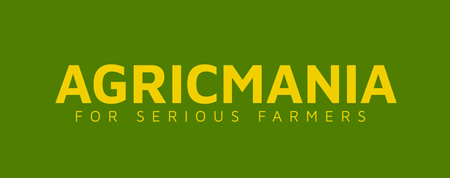By Lungelo Ndhlovu
In response to the changing climate in Zimbabwe, traditional grains such as sorghum, pearl millet, bambara ground nuts and finger millet are securing income and food for small-holder farmers across Zimbabwe despite the effects of drought.
The persistent dry-spell and high temperatures left maize crop beyond repair in most districts across Zimbabwe this farming season but sunflower, and sorghum have proved to be drought-resistant crops, according to Saziso Nyoni, a small- holder farmer from Gokwe South.
“Sunflower and sorghum have proved to be drought resistant crops if you compare them to the maize crops which suffered moisture stress as a result of the dry spell we experienced this year. Most of the maize crops in my area were right-off but I’m expecting to harvest more than four tonnes of sorghum. I also have two hectares of bambara groundnuts which are promising,” said Nyoni.
Nyoni indicated that she will get big returns from selling her sorghum, bambara groundnuts and her family will be food secure until the next farming season.
The climate change department in Zimbabwe confirmed the adoption rates of traditional small-grains such as sorghum across districts in Zimbabwe by small- holder farmers was encouraging in mitigating the effects of climate change in the country.
Tatenda Mutasa, a Climate Change Scientist at the Ministry of Environment, Climate, Tourism and Hospitality Industry said the advantage of shifting to small-grains was the fact that they didn’t take long to mature, compared to the maize crop.
“Right now because of climate change, we no longer receive normal rainfall. So, small-grains are quick to mature unlike maize crops which require a lot of water. So we are promoting this to all the farmers to adopt the growing of small grains,” he said in an interview.
Mutasa also indicated that this year, most farmers across the country didn’t harvest much due to poor rainfall patterns.
“This year, the rainy season was very short and those farmers who planted small-grains are expecting to harvest something. Unlike those who planted maize which suffered moisture stress reducing some harvest. So, we encourage farmers to adopt small-grains for their food security and income so that the country can achieve a surplus,” he said.
Mutasa also acknowledged, climate change is increasingly affecting the country where increased frequency of extreme weather events such as flooding, droughts and prolonged dry spells negatively affected agricultural production which is largely rain-fed.
“There is reduced rainfall affecting surface and ground water availability. There is also reduced river flows and reservoir levels affecting irrigation and in some cases hydroelectric power generation capacity. Failing climate dependent livelihoods in rural Zimbabwe is resulting in rural-urban migration in search of alternative livelihoods options,” he said.
At least $65 million is needed to ease food insecurity in Zimbabwe this year, according to the World Food Programme (WFP). The United Nation agency says its assessment shows that more than five million people in the southern African nation will experience food shortages in the coming months.



